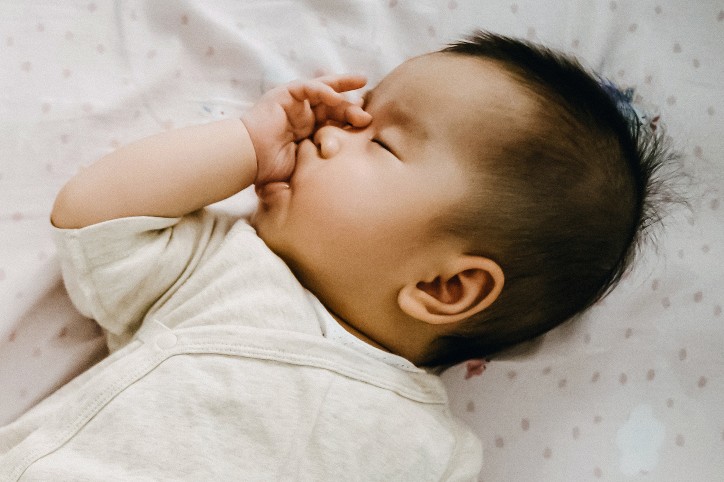There are few topics as hot among parents as sleep. This is especially true for babies and toddlers… because we all want – no, need – it, and so do our little ones. With all that chatter come many (MANY!) myths, so we turned to Janey Reilly, CEO and founder of WeeSleep, which offers 12 different programs for sleep deprived families for children from 3 months all the way up to school age (10 years old), to bust the most commonly believed myths.
Myth #1 – “Some babies just don’t need that much sleep”
“This myth is not only wrong, but also dangerous. While some frustrated parents might think that babies struggling with sleep just aren’t that tired, this couldn’t be further from the truth. Sleep is essential in the health and cognitive development of a child, and babies and toddlers need a lot of it to properly grow. The thing to remember here is how to teach them to sleep consistently and healthily so both parents and baby can maintain a normal routine.”
Myth #2 – “Sleeping is natural and can’t be taught”
“While it’s true that sleeping is natural, the ability to fall asleep independently (and stay asleep) without sleep associations is easily taught. Some of the most common sleep associations I’ve seen include pacifiers, blankets and rocking to sleep.”
Myth #3 – “Sleep training can affect the parent-child bond”
“I get this one a lot, but it’s been scientifically studied. The American Academy of Pediatrics conducted a study in 2016 where their top researchers praised behavioral intervention, (i.e., sleep training) stating it ‘provide(s) significant sleep benefits above control, yet convey(s) no adverse stress responses or long-term effects on parent-child attachment or child emotions and behavior.’”
Myth #4 – “You should leave the curtains open and run the vacuum under your baby’s crib while they’re napping to ensure a great sleeper”
“To put this one in perspective, no adult can sleep with a vacuum running so why should a baby? Now that’s not to say babies can’t handle a little bit of noise. The womb after all is a pretty noisy place, but trying to “train” a child with excessive noise is not the advice I’d give on the proper method to take.”
Myth #5 – “It takes months for babies to learn to sleep at night”
“This is a common misconception I hear all the time. While many parents are under the impression it will take them months to get their baby to sleep well at night, there isn’t any real science behind this myth. Babies adapt very quickly to their environment and it’s up to the parents to create a healthy world of consistency and routine for them to thrive and learn to sleep soundly. Many babies can learn to sleep in just a few weeks (when at an optimal age and weight); in fact, our sleep training programs here at WeeSleep are based on results in as few as 10 days, with most babies sleeping through the night within days (even Mrs. Carey Price swears by our methods!).”
